In the Our Burning World series, we highlight films and discussions that explore crucial contemporary societal issues, particularly in the fields of politics, ecology, and society. The Echoes of Equality programme focuses on gender relations in Arab countries and Arab communities in Europe, while examining how these are represented in contemporary Arab cinema.
This programme builds on the Halaqat project, launched in 2021 in collaboration with the Goethe-Institut. Halaqat aims to create and strengthen connections between Europe and the Arab world. With a focus on gender equality this year, the project questions the structures that shape societies and their representations, while bringing to light and giving voice to less visible stories from Arab communities.
At the heart of the films and discussions selected as part of Our Burning World: Echoes of Equality is an exploration of the transmission of values, obligations, and heritage. These themes uncover diverse realities and experiences, from the Maghreb to Iraq, via Egypt and Palestine.
FULL PROGRAMME
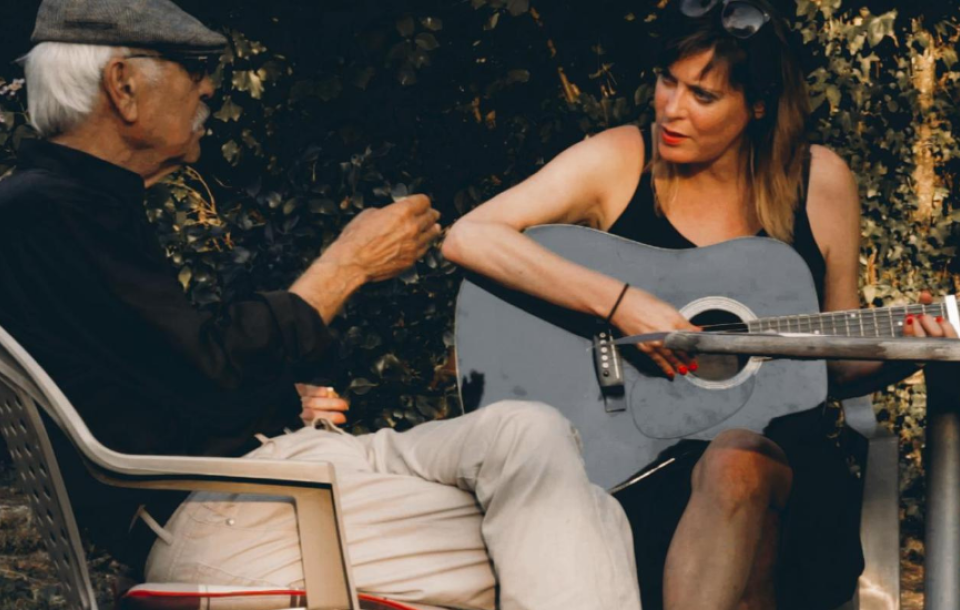
22 + 26 Jan.'25
D'Abdul à Leila by Leila Albayati
The film will be screened in the presence of the director.
D’Abdul à Leila is the odyssey of a woman who sings her story in order to reinvent herself, driven by an irrepressible desire to live. After suffering amnesia following an accident, Leila, a young French artist of Iraqi origin, reunites with her family and delves into her roots to reconstruct her past. She learns Arabic, interprets the poems of her exiled Iraqi father and immerses herself in the history of the Gulf War.
Leila Albayaty is a multi-disciplinary artist of Iraqi origin and French nationality, working in various countries. She directed the short film VU (2009), which received a special mention at the 2009 Berlin Festival. BERLIN TELEGRAM was selected for some thirty international festivals and won the TV5 prize for best French-language film in Geneva. FACE B, a 40-minute docu-drama, had its world premiere at the 2015 Berlinale. D’Abdul à Leila was part of the official selection of the Brussels International Film Festival.
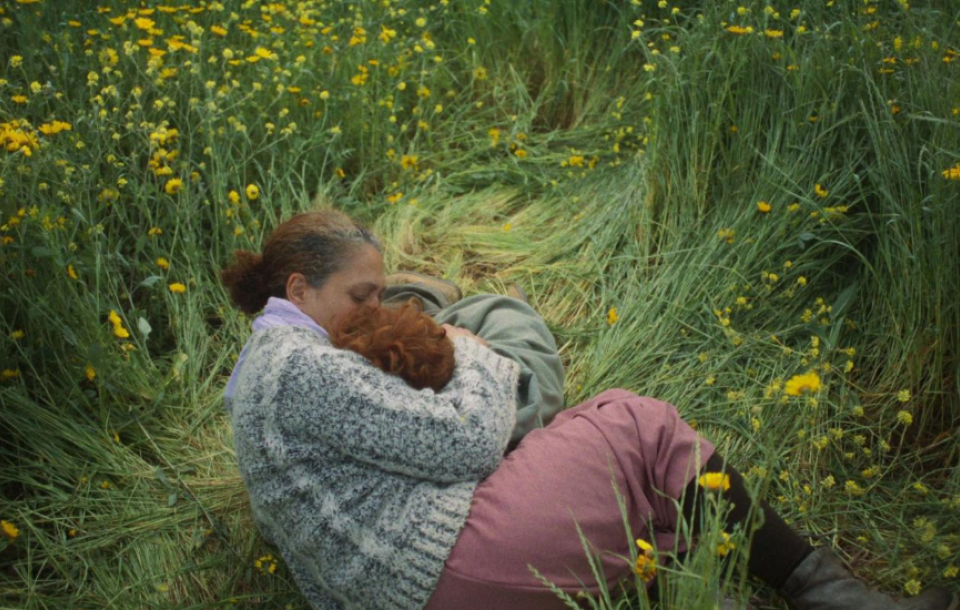
23 + 24 Jan.'25
Who Do I Belong To by Meryam Joobeur
Aicha lives in the isolated north of Tunisia with her husband and youngest son. The family lives in anguish after the departure of the eldest sons Mehdi and Amine to the violent embrace of war. When Mehdi unexpectedly returns home with a mysterious pregnant wife, a darkness emerges, threatening to consume the entire village. Aicha is caught between her maternal love and her search for the truth.
Meryam Joobeur believes wholeheartedly in the transformative power of storytelling and hopes that her films can capture the beauty, complexity and universal nature of the human condition. Her short films Gods, Weeds and Revolutions (2012) and Born in the Maelstrom (2017) screened internationally. Her Oscar nominated short Brotherhood (2018) screened at more than 150 festivals and won 75 international prizes. Who Do I Belong To is her first feature film, which premiered at the 2024 Berlinale Film Festival.
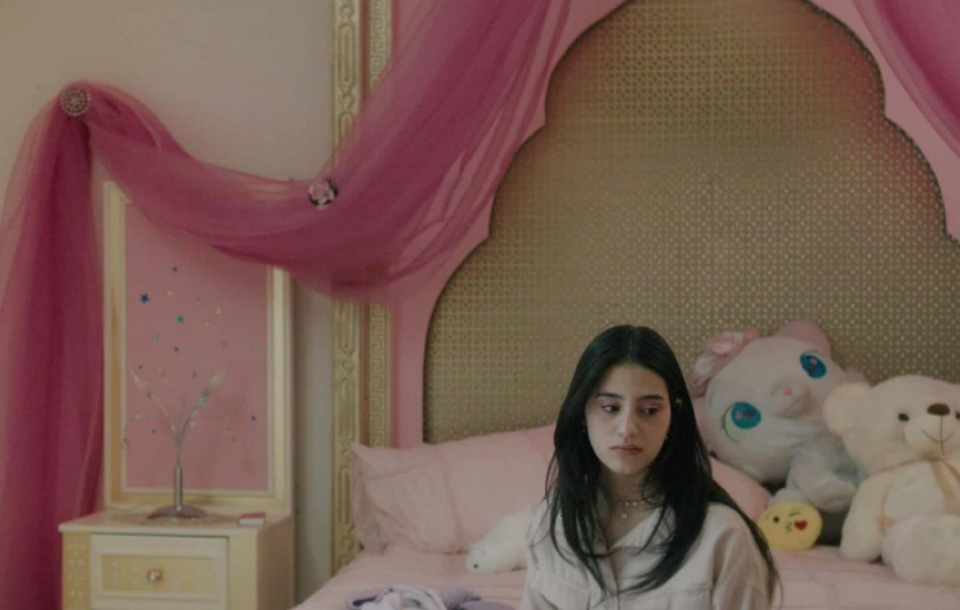
23 Jan. → 2 Feb.'25
Mond by Kurdwin Ayub
Former martial artist Sarah leaves Austria to train three sisters from a wealthy family in the Middle East. What sounds initially like a dream job soon becomes unsettling: the young women are cut off from the outside world and under constant surveillance. Sport doesn't seem to interest them. So why has Sarah been hired?
Kurdwin Ayub, born in 1990 in Iraq, studied painting and animated film at the University of Applied Arts and performative arts at the Academy of Fine Arts in Vienna. Her debut feature, the documentary Paradise! Paradise! won awards in international festivals. Her first fiction feature, Sonne (Sun), debuted in 2022 at Berlinale’s Encounters section, winning the Best First Feature Award. Her second fiction film, Mond (Moon) received the Special Jury Prize at the Locarno Film Festival in 2024.
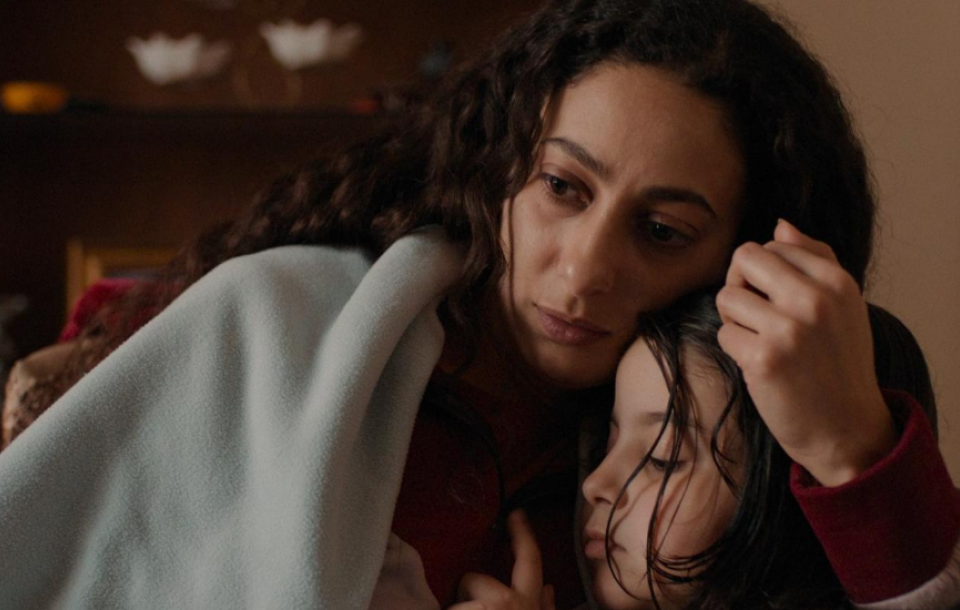
24 Jan. → 2 Feb.'25
Inshallah a Boy by Amjad Al Rasheed
Bozar is pleased to present Inshallah a Boy by Jordanian director Amjad Al Rasheed as part of our series Our Burning World: Echoes of Equality. This remarkable film is a significant achievement in Jordanian cinema, becoming the first from Jordan to be selected for the prestigious Cannes Film Festival.
Set in contemporary Jordan, Inshallah a Boy tells the story of Nawal, a woman in her 30s After the sudden death of her husband, she has to fight for her part of inheritance in order to save her daughter and home in a society where having a son would be a game changer…
Born in 1985, Jordanian writer and director Amjad Al Rasheed received his MFA in Cinematic Arts with a focus on Directing and Editing. He attended the Talent Campus during the 57th Berlinale, after which he directed short films that garnered nominations and won prizes at various Arab and international film festivals. Inshallah a Boy is his first feature film.
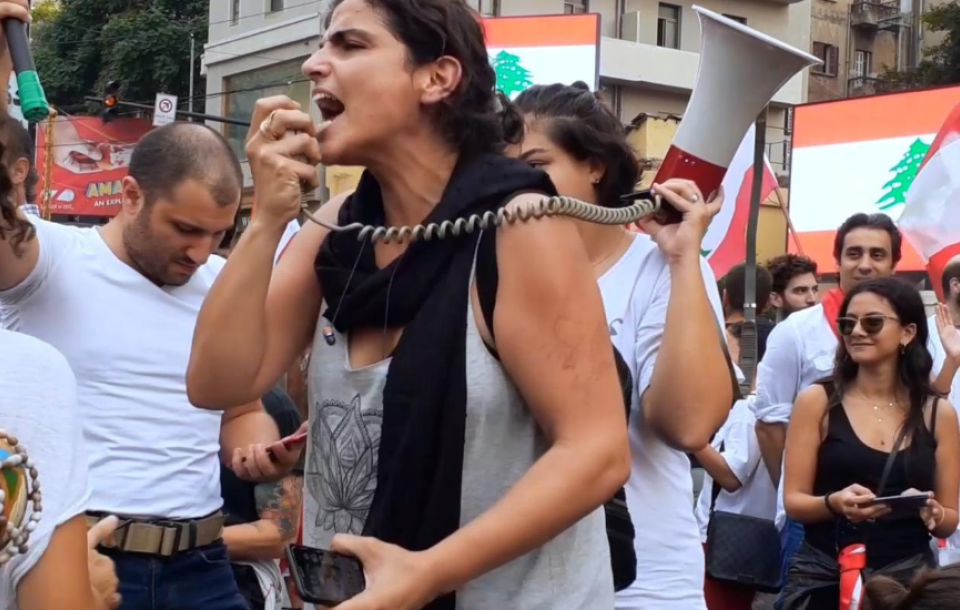
25 Jan. → 1 Feb.'25
Diaries from Lebanon by Myriam El Hajj
The film will be screened in the presence of the director.
In the form of diaries, the filmmaker narrates four tumultuous years of a nation in turmoil, battling to break free from its own chains.
In 2018, Joumana, a fiery feminist writer, poet and activist runs for election defying a political system that has been suffocating Lebanon for 40 years. She gets elected, only to be ousted the very next day through fraud, leaving her supporters furious. In 2019, the people’s rage turns into a revolution. The streets swell with thousands of voices. Among them Perla Joe, a fearless woman who rapidly becomes a symbol of this uprising. Georges is the guardian of that mysterious and violent past. He is a veteran of the Lebanese Civil War (1975-1990) where he lost a leg but clung to his delusions of “glory.”
Myriam El Hajj is a Lebanese filmmaker whose first feature-length documentary, A Time To Rest, premiered at Visions du Réel-Nyon in 2015 and screened at several international festivals, winning multiple awards. El Hajj teaches Cinema at the Lebanese Academy of Fine Arts and is a member of several film commissions, including the CNC. She’s also a founding member of Rawiyat-Sisters in Film — a collective of women filmmakers from the Arab world and the diaspora. Diaries from Lebanon is her last work which premiered at Berlinale 2024, in the Panorama section
